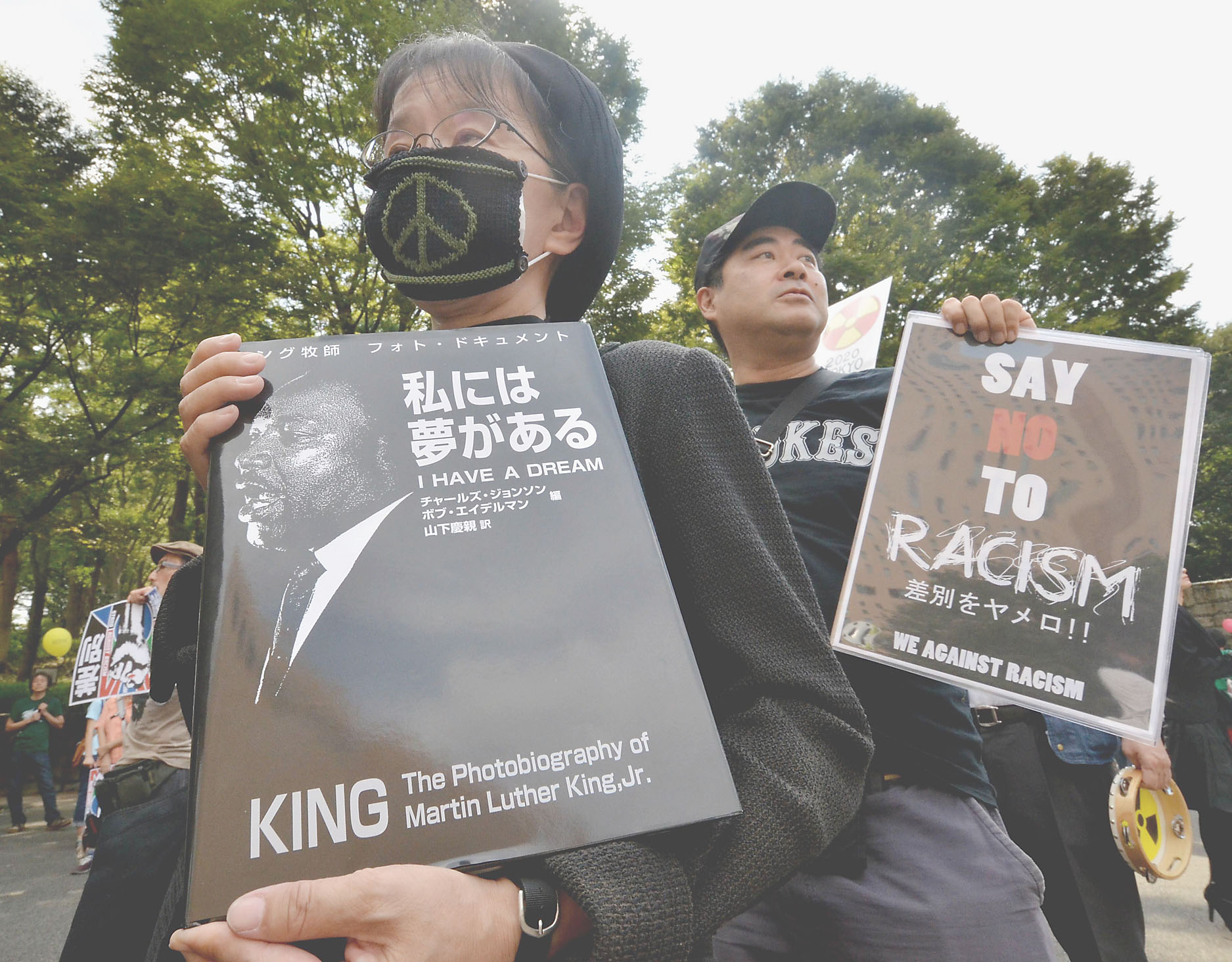On Sept. 20, 1958, Martin Luther King Jr. was sitting inside a Harlem department store signing copies of his book "Stride Toward Freedom" when a 42-year-old woman decided to walk up and stab him in the chest with a 17-cm letter opener. Her name was Izola Curry, and the act caused the United States to collectively hold its breath. The letter opener was mere centimeters away from rupturing an artery. Doctors would later state that if King had sneezed in those moments after the stabbing, he would have died.
The U.S. was not the only country worried about the civil rights leader. It turns out that Japan — and in particular one man, named Makoto Sakurabayashi — was deeply concerned as well.
Sakurabayashi had been a divinity student with King at Crozer Theological Seminary in Chester, Pennsylvania, from 1948 to 1951. While there, the two became friends. Sakurabayashi was the only Japanese student at the school at the time, so one could easily imagine shared understandings over issues such as racism and discrimination. Although there were other black students at Crozer, they were still heavily the minority. By leaving the American South for the first time, King was, in a way, traveling to another country — one which treated him more like a regular human being.



